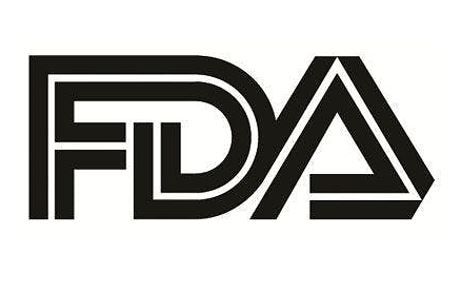- Clinical Technology
- Adult Immunization
- Hepatology
- Pediatric Immunization
- Screening
- Psychiatry
- Allergy
- Women's Health
- Cardiology
- Pediatrics
- Dermatology
- Endocrinology
- Pain Management
- Gastroenterology
- Infectious Disease
- Obesity Medicine
- Rheumatology
- Nephrology
- Neurology
- Pulmonology
Guardant Health's Shield Mutlicancer Detection Blood Test Granted FDA Breakthrough Device Designation
Breakthrough device designation for the multicancer detection test is supported by clinical validation data demonstrating an overall specificity of 98.6% and sensitivity of 60%.
Guardant Health announced June 2 that the FDA has granted Breakthrough Device designation to the company's Shield multi-cancer detection (MCD) test, advancing the potential for a single, blood-based screening tool for multiple solid tumor types to be deployed in clinical practice.1
The designation was awarded based on the test’s potential to improve early cancer detection in asymptomatic adults aged 45 or older at average risk for cancer, including bladder, colorectal, esophageal, gastric, liver, lung, ovarian, and pancreatic cancers, the according to a company statement.1
Per-cancer sensitivity with the Shield MCD test ranged from 21% for prostate cancer to 96% for esophageal and gastric cancers.

“Every late-stage cancer we avert is a win for patients and for the entire healthcare system,” AmirAli Talasaz, cofounder and co-CEO of Guardant Health, said in the company's announcement. “This recognition by the FDA shows the promise of the Shield MCD test to detect multiple cancers at an early stage with just a single, routine blood draw.”1
The FDA breakthrough designation follows the agency's August 2024 approval of the Shield blood test as the first for primary screening for colorectal cancer.2
Supporting the breakthrough designation, Guardant presented clinical validation data at the 2025 American Society of Clinical Oncology (ASCO) Annual Meeting demonstrating the test’s high specificity, robust sensitivity, and accurate identification of cancer signal origin (CSO) across a range of tumor types.3 In a blinded, case-control study of 962 participants, the test achieved an overall specificity of 98.6% and a sensitivity of 59.7% across the 10 cancer types included in the CSO model. Primary or secondary CSO prediction was 92% accurate for those cancers.3
The Shield test uses a next-generation sequencing-based epigenomic hybrid capture assay to measure DNA methylation patterns associated with malignancy. A 2-stage classification algorithm first distinguishes cancer from non-cancer samples and then predicts the tissue of origin for cancer-positive cases.3
Per-cancer sensitivity ranged from 21% for prostate cancer to 96% for esophageal and gastric cancers. For colorectal cancer, sensitivity reached 83%, with 91% CSO accuracy. Among early-stage (I/II) cancers, the overall sensitivity was 35%, rising to 84% in later-stage (III/IV) cancers. The test was also evaluated in cancers not included in the CSO algorithm, including endometrial, head and neck, kidney, and melanoma, where sensitivity was generally lower, especially in early-stage disease.3
The test’s performance was strongest in cancers with historically poor early detection rates. For example, sensitivity for hepatocellular carcinoma and pancreatic cancer was 94% and 68%, respectively, with CSO accuracy exceeding 90% for both. Esophageal-stomach cancer detection reached 96% sensitivity with 96% CSO accuracy.3
These results suggest the Shield MCD test may offer clinical utility as a broad, noninvasive screening tool, particularly when integrated with existing FDA-approved single-cancer screening platforms. A prospective interventional study is currently underway to evaluate real-world feasibility, and the test has also been selected for use in the National Cancer Institute’s Vanguard Study, a large-scale evaluation of emerging MCD technologies.
